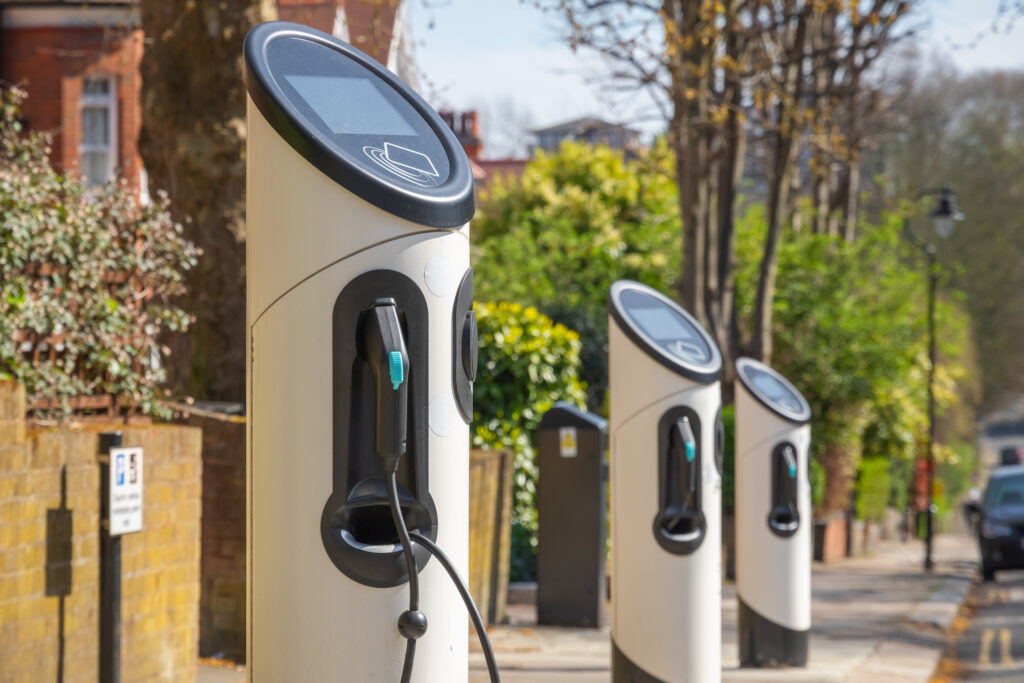Scottish and Southern Electricity Networks (SSEN) Distribution has announced a new partnership with not-for-profit Icebreaker One to identify and tackle data siloes and develop data-sharing opportunities.
Data-sharing will be essential for enabling the uptake of electric vehicles (EVs) and the increased demand on the grid they are expected to create, the companies said.
Nearly 16 million EVs are expected to be on Britain’s roads by 2030, requiring hundreds of thousands more charging points.
Together, SSEN and Icebreaker One will run two initial trial projects, deploying interviews and innovation workshops designed to identify key datasets needed, understand barriers within SEEN around effective access and sharing of data, and find new ways to overcome data-sharing challenges.
“It is crucial that networks make their data shareable and adopt the presumed open principle and SSEN is doing some exciting work here with Icebreaker One,” said Laura Sandys CBE, chair of the Energy Digitalisation Taskforce.
“We are hoping that all networks will be making their data accessible and as open as possible to ensure that we can crowd in new actors and companies to support the management of a decarbonised grid.”
The project marks the first time Icebreaker One has partnered with a network operator to understand formally what data sharing will be needed for key aspects of the transition to net zero, such as the decarbonisation of transport.
“This partnership will speed up the UK’s energy data revolution by identifying how SSEN can access and share the energy data needed to get more electric vehicle charge points installed in homes across the UK,” Gea Mikic, co-founder and programme director at Icebreaker One.
“Better access to data is crucial to delivering net zero, from installing more electric vehicle charge points to adding more renewables to our energy grid. This is why we’re determined to make data work harder to get to net zero.”
The partnership builds on work by SSEN to facilitate the transition to EVs in its regions, including the Customer-Led Electric VEhicle Registration (CLEVER) project, which is designed to facilitate conversation between EV owners and network operators for example.
SSEN also published its Whole System Register in June to encourage wider collaboration between network operators and stakeholders throughout and beyond the energy sector, hoping such work will present new opportunities to deliver cost-effective and timely decarbonisation.





